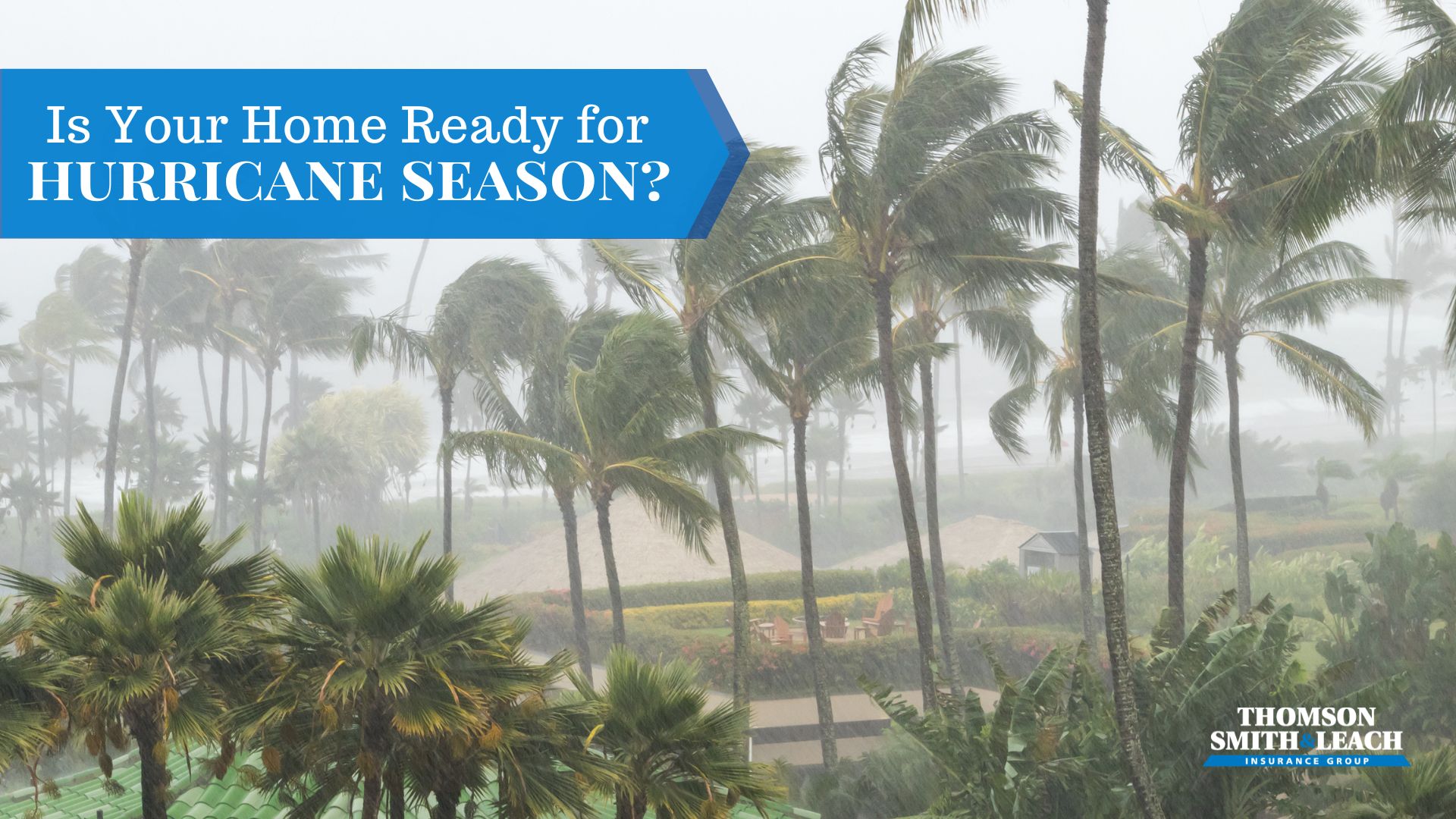There is a lot to love about life on the Gulf Coast: excellent seafood, mild winters, and warm beaches, to name a few. Nowhere is perfect, though, and one of the challenges unique to tropical and subtropical coastal climates is the threat of hurricanes and tropical storms.
Whether you are a long-time Southern Louisiana local or are new to the area, it is a good idea to check your home from time to time to make sure it is ready for hurricane season. Preferably, before the next big one hits!
When is Hurricane Season?
Hurricanes need a set of specific conditions to form, including an ocean water temperature above 79 degrees and thunderstorms. Both of these are much more likely to occur in the summer and fall.
Officially, hurricane season runs from June 1 to November 30. In recent years, though, the actual season has been beginning earlier. For example, the first hurricane of 2021 formed on May 22, and the first tropical storm of 2020 was on May 16.
With summers getting longer and hotter in recent years, the hurricane season has been extended in turn and will likely continue to slowly but surely begin earlier in the year and end later.
How to Protect Your Home and Family from Hurricanes or Tropical Storms
With an average of 10 hurricanes and 13 named storms per year in the Atlantic Basin, including the Gulf of Mexico, hurricane season is not to be taken lightly.
Each year, hurricanes are the cause of billions of dollars of property damage and dozens of lost lives. The following tips are a good place to start to minimize the risk of damage to your home and injury to your family.
Secure Doors and Windows
Doors should have at least three hinges and be equipped with a deadbolt at least an inch long. Windows and sliding glass doors should be made of tempered glass and fitted with storm shutters or covered with plywood.
Nail plywood to the window frame or sliding door frame when a hurricane is approaching. Invest in a garage door that is storm and impact resistant.
Seal Outside Vents
Use waterproof caulk on any openings on the outside of your home to prevent water from coming in. This includes electrical outlets, the dryer exhaust, and any tubes or pipes for appliances such as swamp coolers or HVAC vents.
Clear out Your Outside Spaces
Landscaping and outdoor decoration choices should reflect the possibility that anything outside could become a missile in high winds. Wood chips or sod are a better option than gravel for ground covering.
Prune off dead branches from trees and shrubs that could easily break off in a storm. Bring any outdoor furniture, toys, or appliances indoors if possible.
Check Your Carbon Monoxide Alarm
Improper use of generators after a hurricane or a storm hit can lead to carbon monoxide poisoning. In the event that you’ll need to use a portable generator and be inside your sealed-off home for any extended period of time, you’ll want to be sure your CO alarm is functioning properly and has a fresh battery.
See also: Preparing Your Boat for a Hurricane
Get an Emergency Kit
Whether you need to evacuate or are unable to leave your home for any length of time, you’ll be glad to have all your emergency supplies in one accessible place. That includes a week’s worth of food and water, medicines, toiletries, pet supplies, and clothes, at the very least. Passports, keys, IDs, credit cards, and cash should also be in an easy-to-grab place that’s ready to go when you are.
Create or Review Your Family’s Emergency Plan
Make sure every member of your family knows what to do and where to go if disaster strikes. Where will you go if your house is damaged? Who will turn off the power if there’s flooding or downed electrical lines in your area? What should each family member take?
See if You’re Properly Insured
Does your renter’s or homeowner’s insurance cover your belongings and the cost of relocation if a hurricane strikes? It is certainly much better to know before hurricane season than to find out the hard way that you weren’t adequately covered. Contact us at Thomson Smith & Leach Insurance Group today to speak with an expert on homeowners insurance in Louisiana.
Also, check out this guide from our team below on precautions you can take to be prepared before a hurricane strikes and the available resources and steps for a swift recovery.


Recent Comments